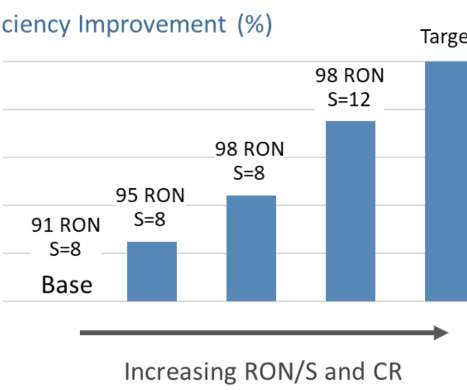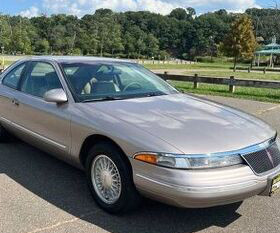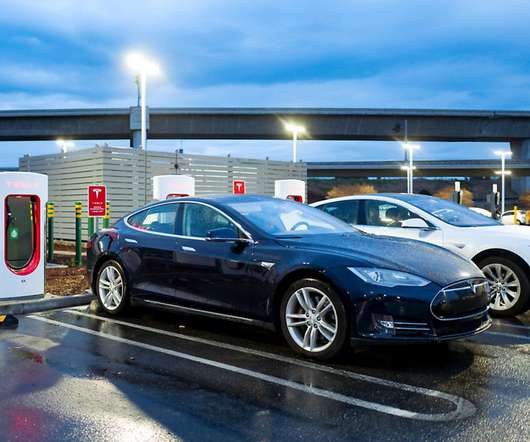Torotrak to present extreme engine downsizing solution at Dresden supercharging conference
Green Car Congress
SEPTEMBER 8, 2016
In comparison with the incumbent fixed-ratio positive-displacement supercharger on a 1.0L GTDI engine, V-Charge achieved improved BSFC (brake specific fuel consumption), better transient performance and a maximum BMEP (brake mean effective pressure) of 31 bar. Click to enlarge. The V-Charge equipped 1.0L








































Let's personalize your content